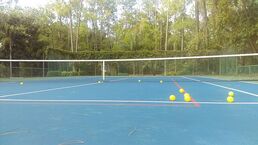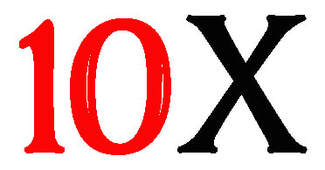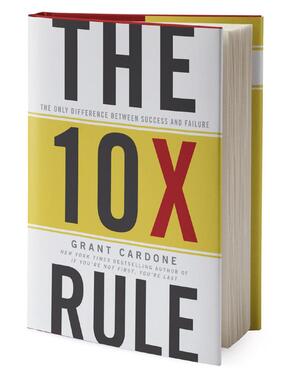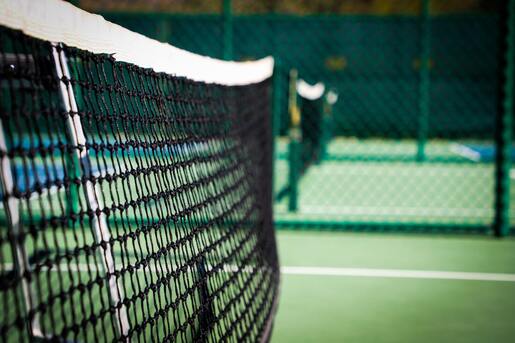 File: Pickleballs on Court.jpg From Wikimedia Commons
File: Pickleballs on Court.jpg From Wikimedia Commons
If you're serious about your game and progressing to the next level, you need to practice your skills. You know it's true.
So I started to include a post that would talk about practicing against a wall—something I found was very helpful, and the wall was always willing to be my partner. I went onto the internet, searching for a suitable graphic to lead this post, and instead found a fantastic video that said and showed everything I wanted to say even better than I could.
So now for your viewing pleasure, here's Chris Wolfe with "Pickleball Wall Drills - How to Play By Yourself."






 RSS Feed
RSS Feed